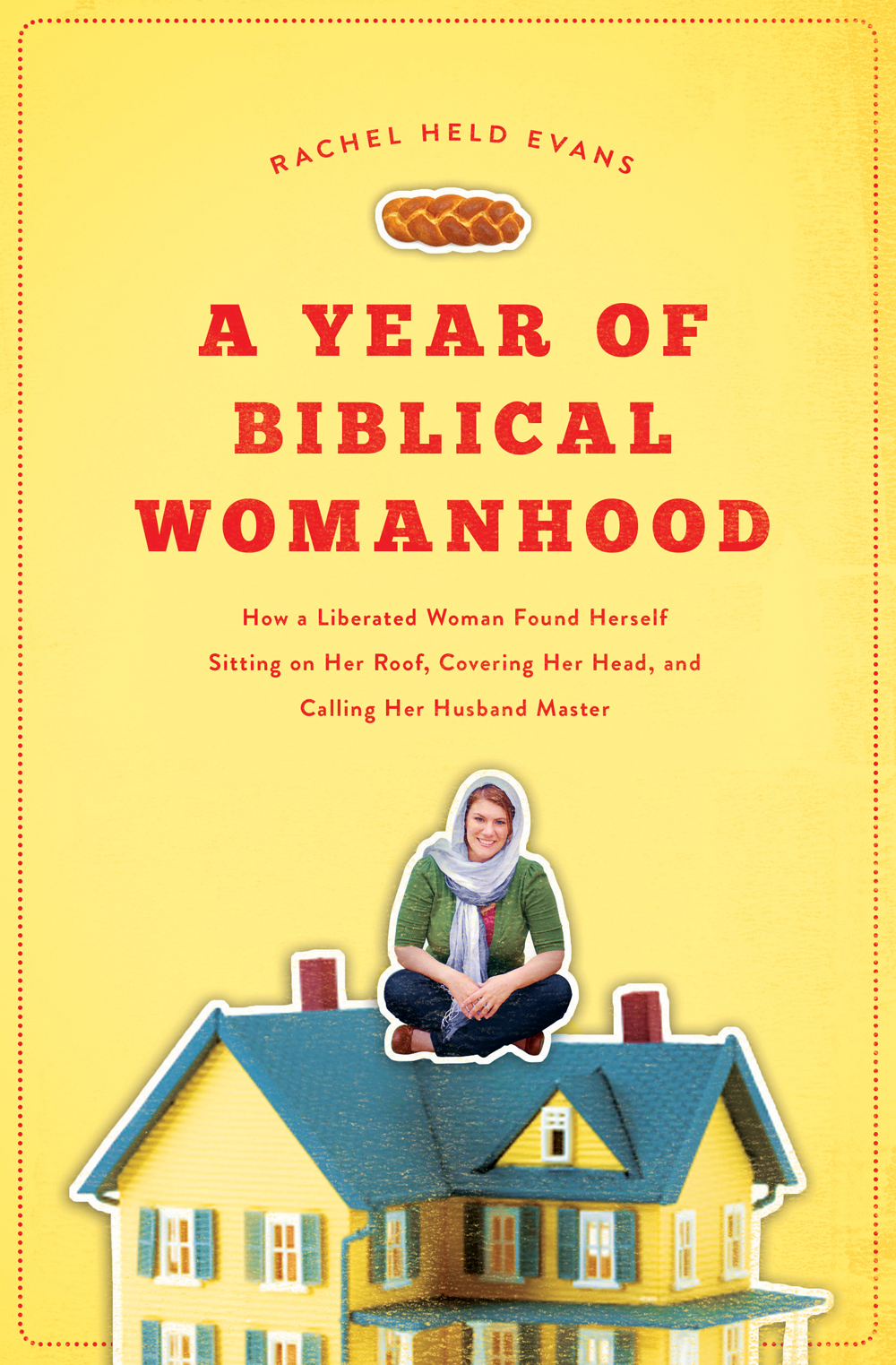 I had the privilege of writing the devotions for my church’s website again this week. Here’s a peek at one of the posts about obeying God’s commands.
I had the privilege of writing the devotions for my church’s website again this week. Here’s a peek at one of the posts about obeying God’s commands.
Oh, that my actions would consistently reflect your decrees! Then I will not be ashamed when I compare my life with your commands. —Psalm 119:5-6
Let’s just say for a moment that the standard for getting into heaven is being able to long-jump all the way across the deepest part of the Atlantic Ocean. (It’s not, of course, but just humor me for a moment here.) Imagine that the standard has been set, and everyone knows the expectation. Some people train for this moment from early childhood, building their muscles and doing exercises to improve their jumping abilities. Some athletic types are inherently better suited for the event than others. And some people have longer legs, giving them an inborn advantage over their peers.
When it comes time to jump, however, no one could ever come close. Maybe the person with short legs who hadn’t trained at all would make it a few feet. Perhaps the person with the strong quads would make it a foot farther than the average person. And maybe the Olympic long jumper would set a world record, launching his body a whopping 29 ½ feet.
But do you know what? It wouldn’t matter, because none of them would come anywhere near the goal. None of them would get far enough to even see the other side of the Atlantic Ocean, let alone jump there. Even if one person jumped three times as far as everyone else, they would all be so far from the target that the difference would be practically indiscernible. Whether you made it one foot across the ocean or 30, the more important issue is the thousands of nautical miles you have yet to go.
To read the rest of the devotion (or to listen to the audio), click here.










